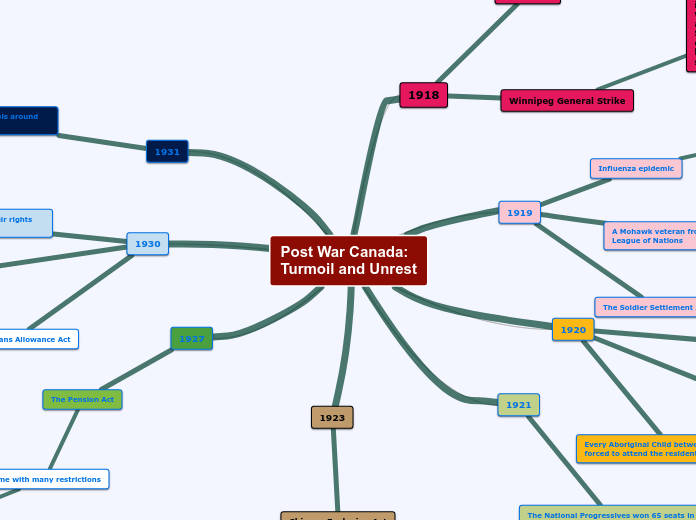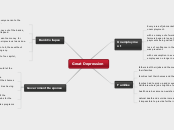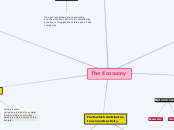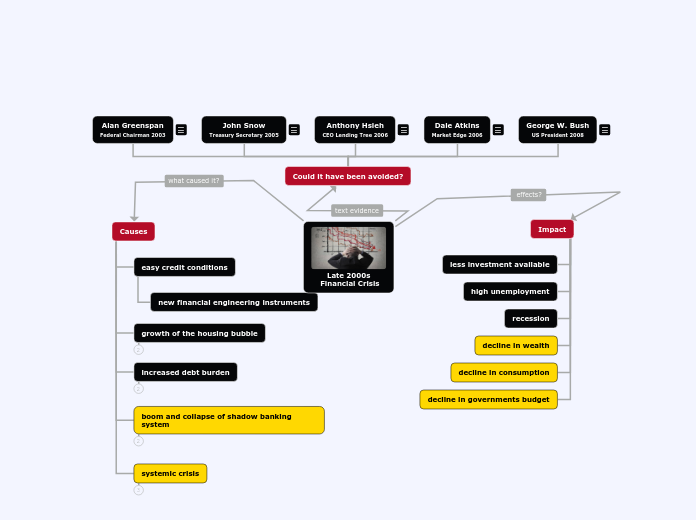par VW - 10KM - North Park SS (2432) Il y a 5 années
197
Post War Canada: Turmoil and Unrest
The period following World War I was marked by significant turmoil and unrest in Canada. The government enacted Prohibition, leading to a lucrative but illegal trade in smuggled liquor, known as Bootleg Booze.









